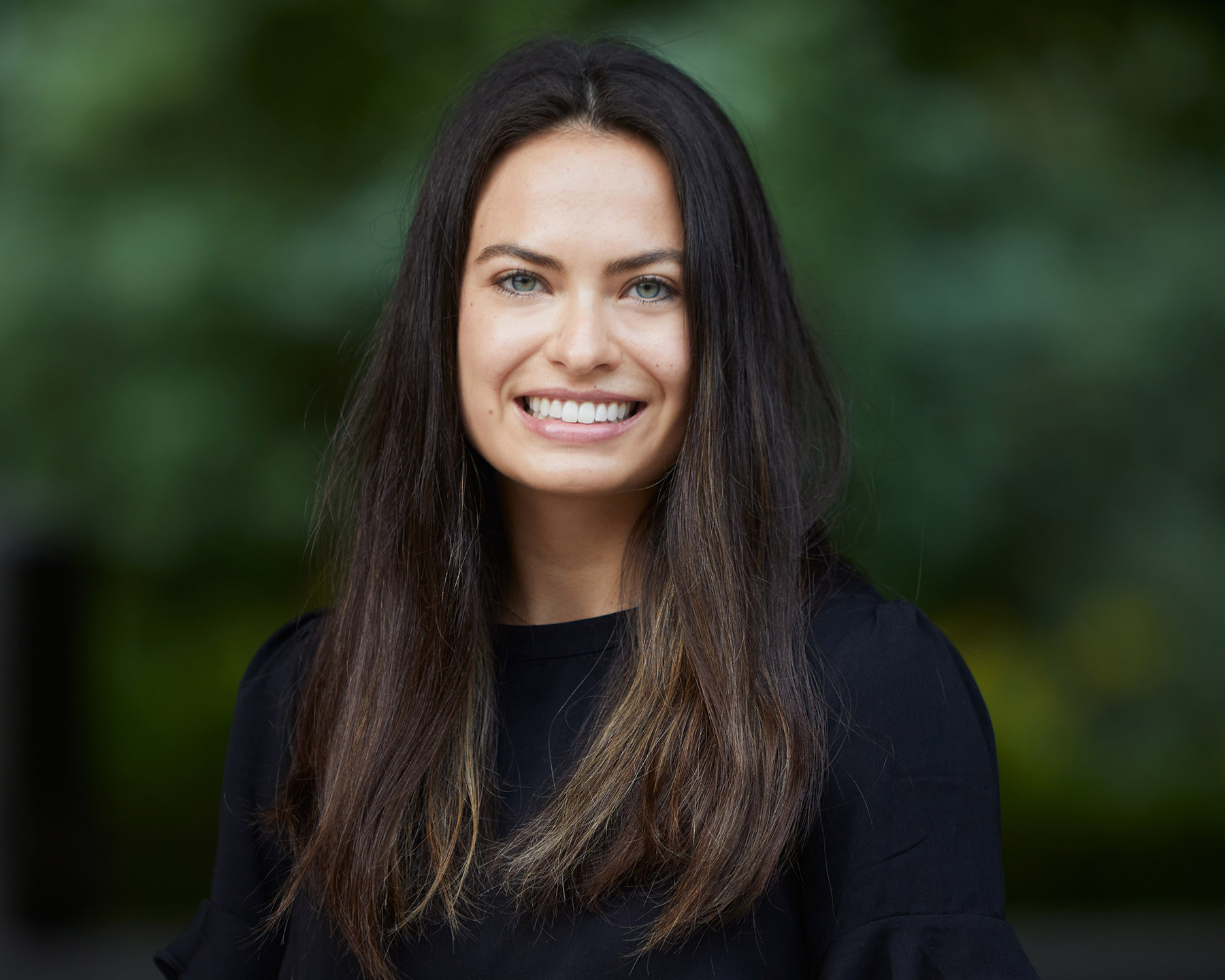Hello!
I am a James S. McDonnell Foundation (JSMF) postdoctoral fellow in the Complex Systems Lab at the University of Pennsylvania, primarily mentored by Dr. Dani S. Bassett. I am also grateful for mentorship from Drs. Vicky Leong, Theodore Satterthwaite, and Marion van den Huevel.
My program of research examines the processes through which brains, physiology, and behavior coordinate and specialize at multiple timescales to support social interaction, cognition, and learning in human development. I study intra- and inter-personal social-cognitive dynamics and the ways they are organized by early experience and neurodevelopmental risk factors to influence core developmental outcomes. My research takes a complex dynamic systems approach, with emphasis on dynamics at multiple timescales, interactions between systems, and the emergence of new forms.
The goal of my JSMF postdoctoral fellowship is to gain focused training in dynamic network neuroscience and “two-person” hyper-scanning techniques to uncover novel avenues for investigating the brain bases for social cognitive development early in life. I’m building a toolbox of network neuroscience techniques to study social information processing in the developing brain through multiple modalities. Some of my current research interests include understanding the functional flexibility of cortical-subcortical interactions during the processing of others’ emotions, probing individual differences in the form of personalized social brain networks, identifying patterns of network plasticity in the social brain over the course of development, as well as leveraging principles of control theory to investigate network controllability across developmental stages.
As good science requires strong conceptual and methodological foundations, I have developed increasingly intertwined interests in philosophy of science and quantitative methods. Meta-theoretical considerations of the nature of reality, the mind, and development underlie all empirical research, helping craft good questions, methodological choices, and explanations. My interdisciplinary research questions, spanning multiple levels of analysis, often require integrating statistical and computational techniques from other disciplines. I am particularly interested in leveraging causally informed techniques, measurement invariance methods, and dynamical systems methods to answer developmental science questions.
********************************************************************************************************
In 2022 I completed my PhD in Developmental Science at the University of Minnesota’s Institute of Child Development. I work primarily with Dr. Daniel Berry in the Bio-Ecology, Self-Regulation, and Learning (BSL) Lab and Dr. Jed Elison in the Elison Lab for Developmental Brain and Behavior Research. I am grateful for graduate funding from the National Science Foundation Graduate Research Fellowship Program (NSF-GRFP) and a two University of Minnesota fellowships. Prior to joining the University of Minnesota, I completed undergraduate studies in neuroscience at Middlebury College before spending 2 years at the Marcus Autism Center/Emory University as a Donald J. Cohen Pre-Doctoral Fellow in Developmental Social Neuroscience.
I am committed to promoting equity and diversity in my teams, laboratory environments, university, and broader communities through creating inclusive spaces and amplifying the voices of BIPOC and traditionally under-represented scholars.
To answer questions about early social development, I study typically developing children as well as those with Autism Spectrum Disorder (ASD), or at heightened likelihood for developing ASD by virtue of having an older sibling with the disorder. I strive to conduct research that is translational with roots in basic science and implications for clinical and intervention science surrounding neurodevelopmental disorders.
Many meta-theoretical and theoretical frameworks guide my work. My research takes a developmental psychopathology perspective centered on the ideas that we can learn a lot from the joint study of typical and atypical development as well as processes of risk and adaptation. I also draw heavily on dynamic systems ideas that focus on the many inter-dependent systems of an organism and the multiple contexts in which they are embedded.
Below are some questions that guide my work.
- What are the developmental organizers and consequences of early social communication?
- How do neural, physiological, and behavioral systems organize, within- and between-people, during real-time social exchange early in development?
- What is the interplay between social engagement and emerging self-regulatory systems?
- How does the “second-person” social experience function in development and inform clinical science?
- What markers and processes reflect early deviations from typical trajectories of social development?
- How do processes of risk and adaptation operate together in early development to produce individual differences in social abilities?
- How does the predictability and organization of both micro- (e.g., social signals) and macro- (e.g., home and resource environments) contexts shape development?
- How can we leverage basic science to support adaptive social development early in life to set children on a path for success?
